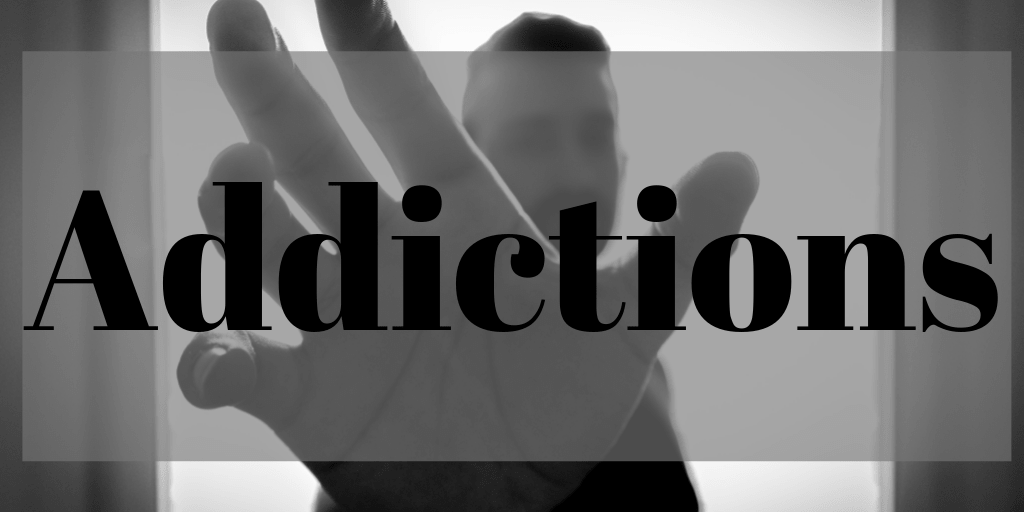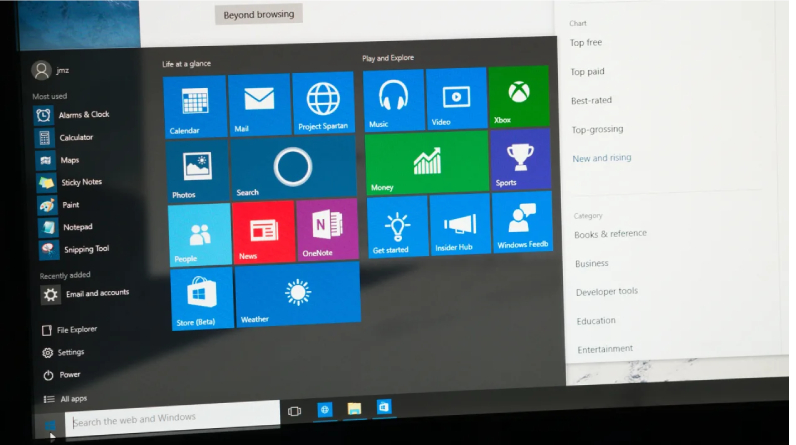UN Resident and Humanitarian Coordinator in Nigeria Matthias Schmale has requested that politicians in Nigeria stop bringing their disagreements to court.
Mr. Schmale acknowledged the overwhelming nature of election-related cases in Nigerian courts, and he urged politicians to resolve their differences through the internal mechanisms of their parties.
In an exclusive interview, he told PREMIUM TIMES, “It is not every time that you feel something has gone wrong inside your party or with another party that you run to the court.”
Using the example of the Osun State election verdict, which was delivered six months after the elections, Mr. Schmale emphasised the importance of ensuring the court with any appeal in a timely and efficient manner.
On the election verdict in Osun State, he said, “it is a concern that it took six months to achieve this ruling, whether it was right or not, I cannot personally judge.”
“It is worrying that it took so long, and the important point in this regard is that the president of the court of appeal mentioned to us that there are more than 600 pre-election appeals and that there is no way they will adjudicate that massive volume of appeals before the elections,” Mr. Schmale said.
Incidence of election-related litigation
Many lengthy court cases and tribunal hearings occur in Nigeria during election periods.
Also Read : Legendary New York designer Willy Chavarria
For a long time, it took the country’s courts a very long time to decide even relatively simple cases, like those that did not involve elections.
In recent years, laws have been changed to establish a strict timeline within which pre-election cases and election petitions must be filed and resolved in order to reduce the litigation period and the disruptions often caused by court decisions long after election winners would have assumed office.
However, as party democracy declines, the number of political cases brought before the courts tends to rise in the months just before an election.
At this time, the courts often pay less attention than they should to cases that are routine but nonetheless have serious consequences for people’s lives and businesses.
In December, Nigerian Bar Association (NBA) President Yakubu Maikyau expressed frustration over the large backlog of cases at the federal high court caused by the upcoming elections.







